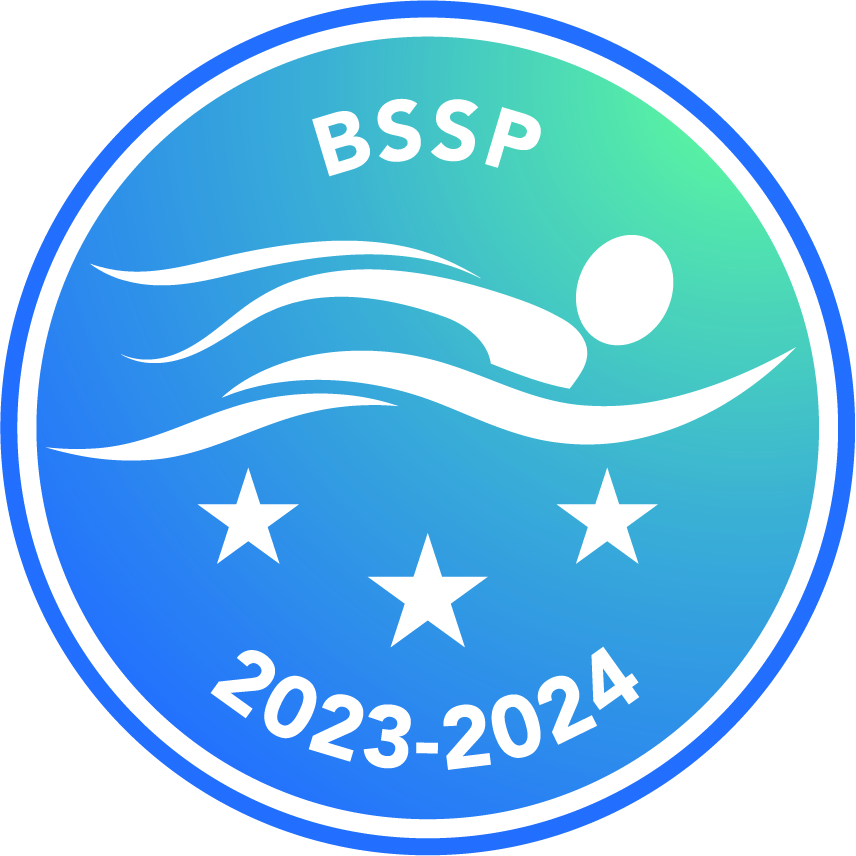Music
All pupils at The Downley School are immersed in a carefully crafted music curriculum that intends to develop a life-long love of music.
Our music curriculum enables pupils to learn, grow and succeed together and is underpinned by our six values.
Below are documents for the curriculum as well as the intent, implementation and impact statement. If you would like to view the progression document for Music, please contact the school office.





